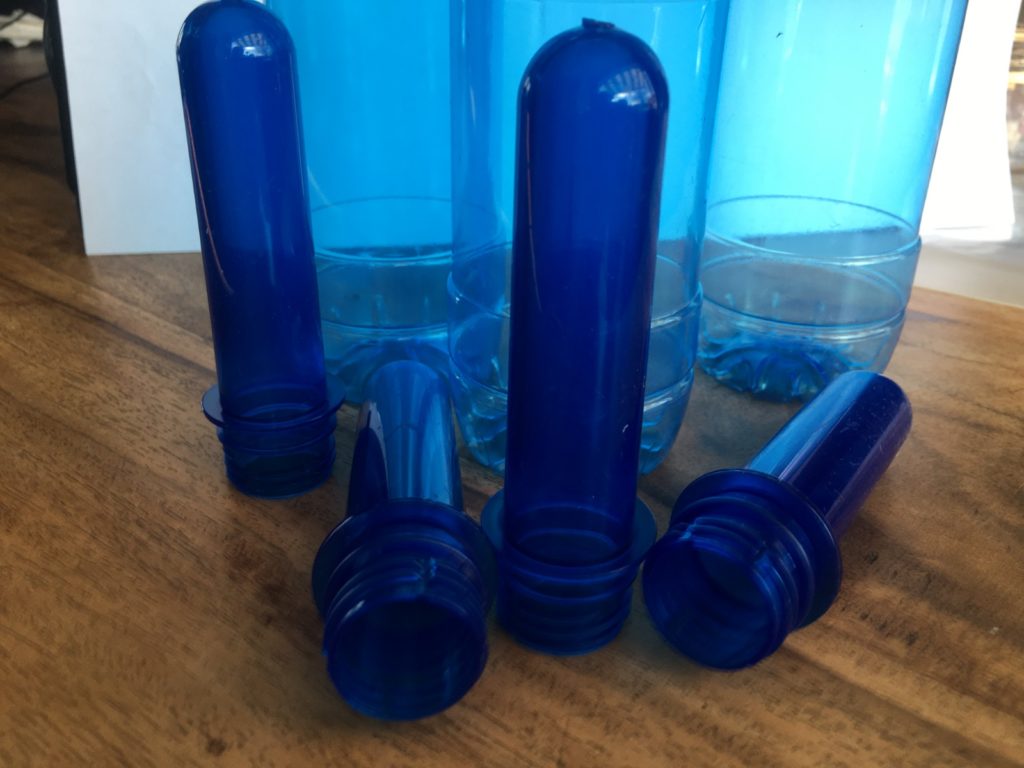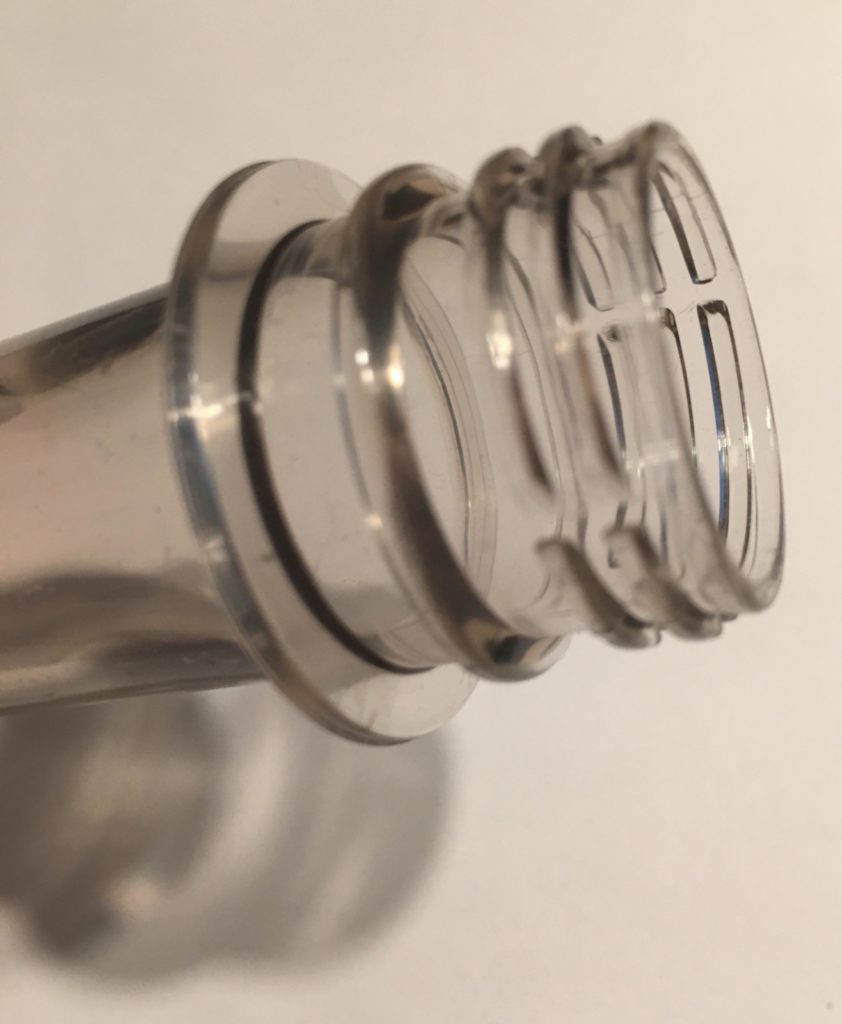- +31-624-845-535
- info@plabottles.eu
- in need of compostable packaging?
- Let's connect


The fate of compostable plastic products in a full scale industrial organic waste treatment facility
This research project has been carried out by Wageningen Food & Biobased Research commissioned and funded
by the Dutch Ministry of Economic Affairs and Climate Policy (EZK), in the context of ‘Praktijkonderzoek
industriële compostering’ (project number BO-43-012.02-066).
For several years now, there has been debate between the (organic) waste treatment companies,
organised in the Vereniging Afvalbedrijven (VA) and the companies producing compostable plastics,
organised in Holland Bioplastics (HB) about the acceptance of compostable (packaging) products in
source separated municipal organic waste (GFT). In this debate it is brought forward that it is still
unclear whether the disintegration rate of compostable products (i.e. certified according to the current
standard EN 13432) would be sufficient to be compatible with the current GFT treatment practice in
the Netherlands. This is questioned because the current waste treatment practice has focussed more
and more on high throughput of GFT and corresponding short composting cycles (low residence
times)
VA and HB joined forces in defining the research question that could provide clarity to this matter and
helped with project set-up. Wageningen Food & Biobased Research, commissioned by the Dutch
Ministry of Economic Affairs and Climate Policy (EZK), independently carried out the research in the
period February-October 2019.
The core of this research is an industrial organic waste treatment trial in which the fate of compostable
packaging products is studied in a full scale organic waste treatment facility. The focus is on products
that fulfil the requirements for compostable packaging (according to standard EN13432) ánd have a
potential co-benefit for the waste collection and treatment. A set of 9 different compostable plastic
products from various producers was selected, consisting of GFT collection bags, plant pots, tea bags,
coffee pads, coffee capsules, and fruit labels. In addition, the present contamination of GFT and
compost by conventional plastics is studied in detail.
